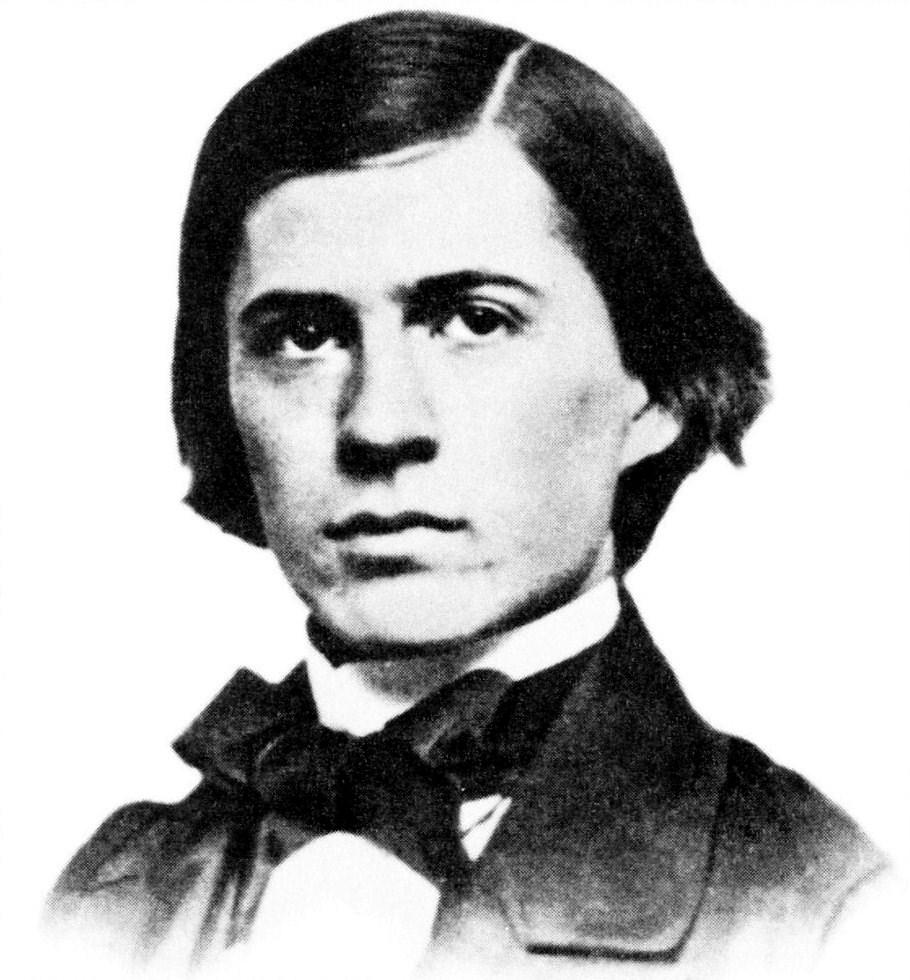
Albert Einstein (credit: Wikipedia)
It is important to reiterate here that quantum theory
is not talking about the uncertainty of events at the macro level, a kind of
uncertainty that we say we are forced to accept because of practical limits on
our measuring abilities. Under the Newtonian view, one may believe that we
humans see events that look unpredictable, from our limited human level, but
still also think that the universe is a deterministic place. But quantum theory
says that the processes taking place at the subatomic level are always occurring
in ways that appear to us to be uncaused—what
Einstein called “spooky action at a distance” (he hated the idea of it). Furthermore,
the point for my goal of trying to find a basis in physical reality for a moral
code is not affected by these distinctions. Probability, quantum and
non-quantum, as an overriding quality of reality, is ubiquitous and eternal. We
must live with a probabilistic reality and adapt to it as a fact of life.
Physicists are unclear about how or even whether
quantum uncertainty and non-quantum uncertainty enhance each other. The huge
range of outcomes in complex systems may be influenced by both quantum and non-quantum
forces. Currently, we just don’t know. The exact nature of what is going on
down there is still being debated.
However, our moral models are not affected by these
distinctions. In the level of reality at which our choices are made and our
actions are measured, we experience reality as being made of probabilistic events.
And in those chains of events, informed, guided, chosen human actions can
effectively intervene and alter the likelihoods of at least some outcomes. This
is all that really matters for moral philosophy.
Therefore, in all that follows, I will speak of the
probabilistic quality of reality as being one of the crucial and basic facts that
we humans must deal with. When I speak of uncertainty, I will be referring to
the total uncertainty of reality, quantum and non-quantum, that we must face
and deal with.

Charles S. Pierce (credit: Wikimedia Commons)
Quantum theory breaks the backbone of classical
determinism. At the tiniest level that we have been able to study, events are
not connected by single paths of direct cause and effect. They are connected by
forces that do not obey exact laws of cause and effect, but instead can be
described only by laws of probability. The consequence for humans is that life
is full of uncertainty, or to be exact, probabilities. In science, the usual term
for this kind of system “stochastic”. Most of the time we know to a high degree
of probability what is going to happen next, and also, with a fair degree of
reliability, how we may be able to influence what is going to happen next, but
we never know for certain what is going to happen. This view was anticipated by
American philosopher and scientist Charles Peirce in the 1890s and has been
further developed by many thinkers right into the twenty-first century.4,5
We can and do act in bold, informed, calculated,
and skilful ways, and our actions alter the probabilities of the various events
that may happen in the next few seconds or decades, but it is also true
that we can’t ever act so intelligently or skilfully that we can be 100 percent
sure of any outcome, good or bad. The elements of surprise and risk are built
into reality.
No comments:
Post a Comment
What are your thoughts now? Comment and I will reply. I promise.